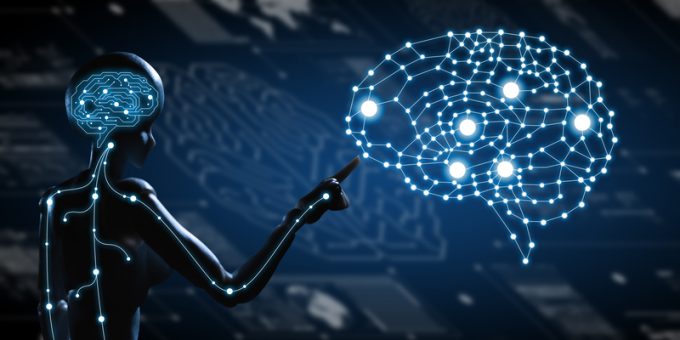Forwarder benefit as air cargo booking platforms look to integrate AI
Digitising air cargo spot-buy rates and integrating artificial intelligence (AI) will enable freight forwarders to ...

For logistics, AI risks becoming another ‘blockchain’ – a shareholder-magic-dust with little near-term practical application, according to experts.
In a version of the wider cryptocurrency ‘pump-and-dump’ ecosystem in miniature, during the peak of the hype, investors were beguiled by marketing materials claiming companies were ‘doing something with ...

Comment on this article
Jesper Thomsen
May 25, 2023 at 2:12 pmWhereas the usecases for blockchain in logistics are limited, that is not the case for AI…